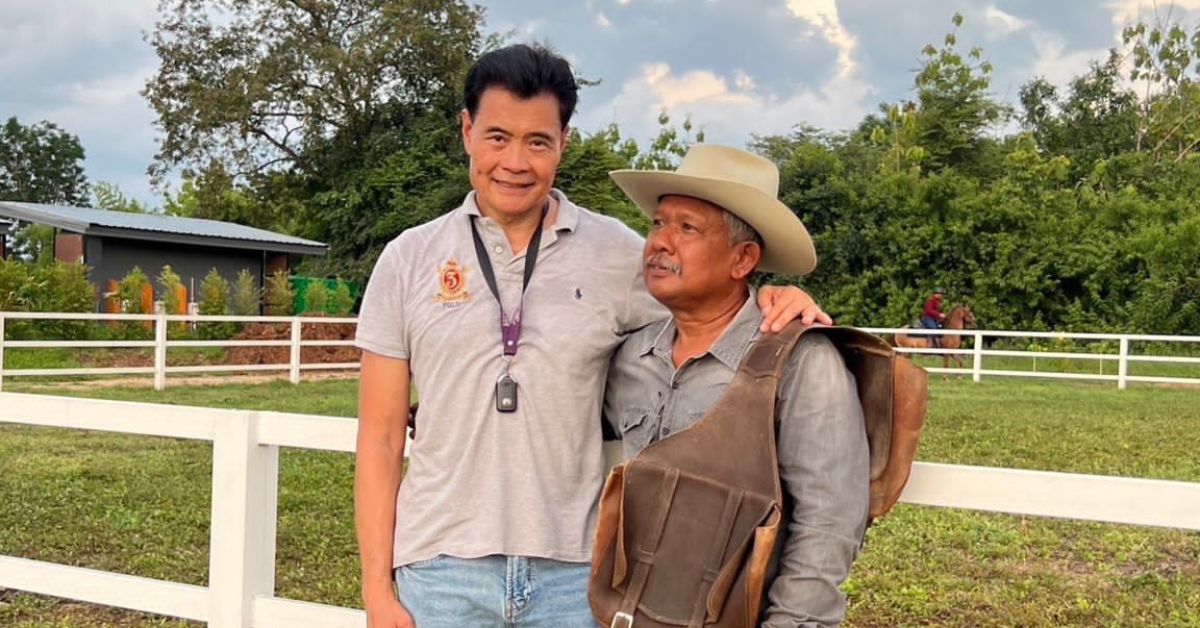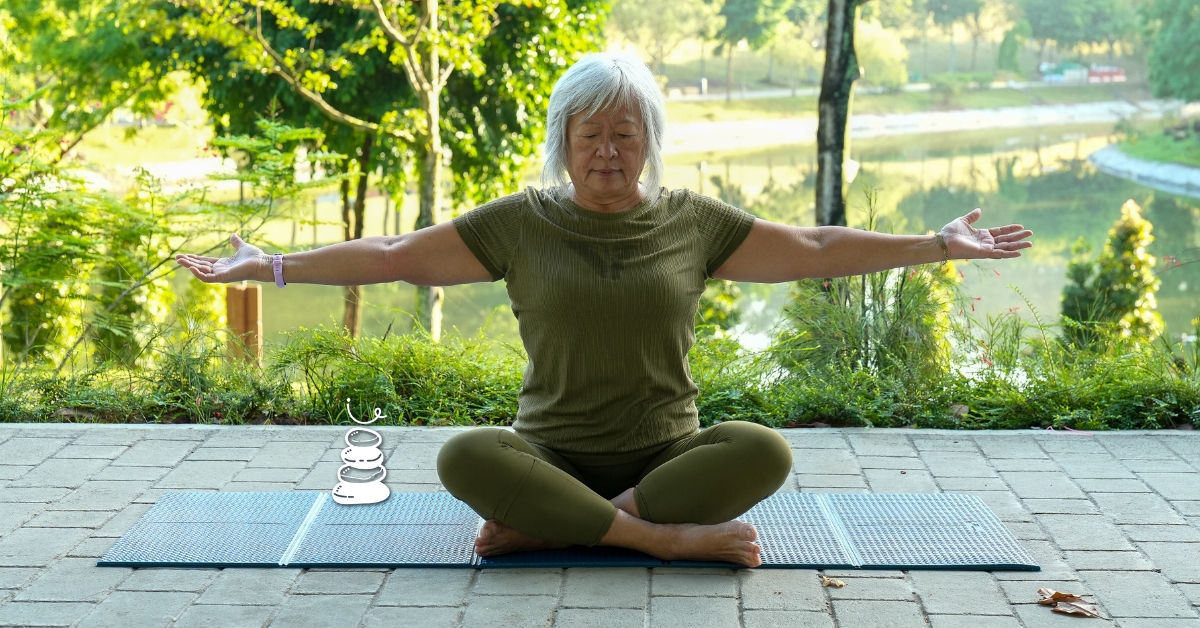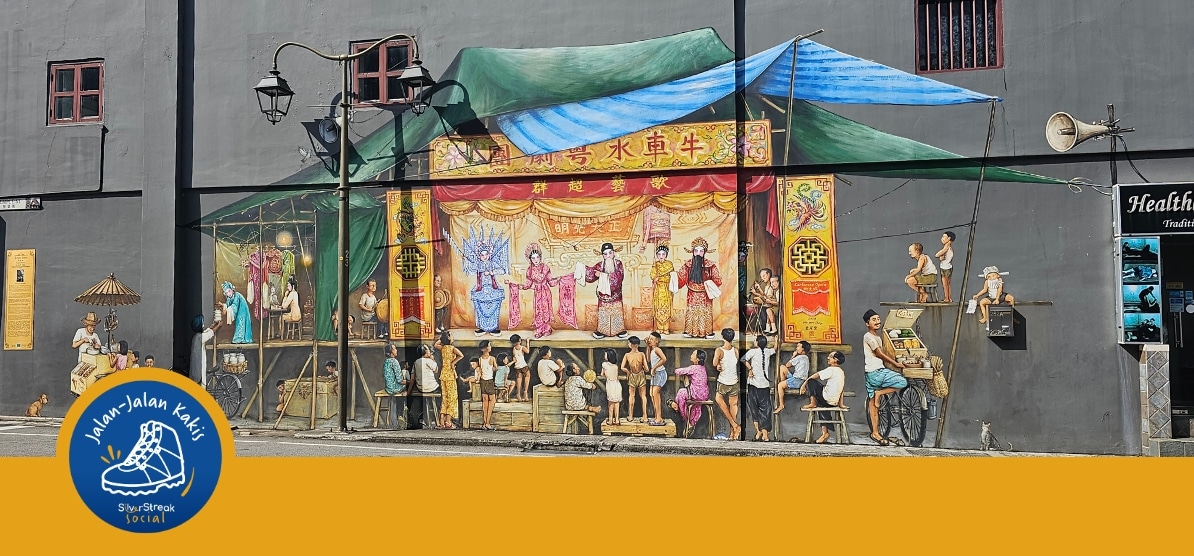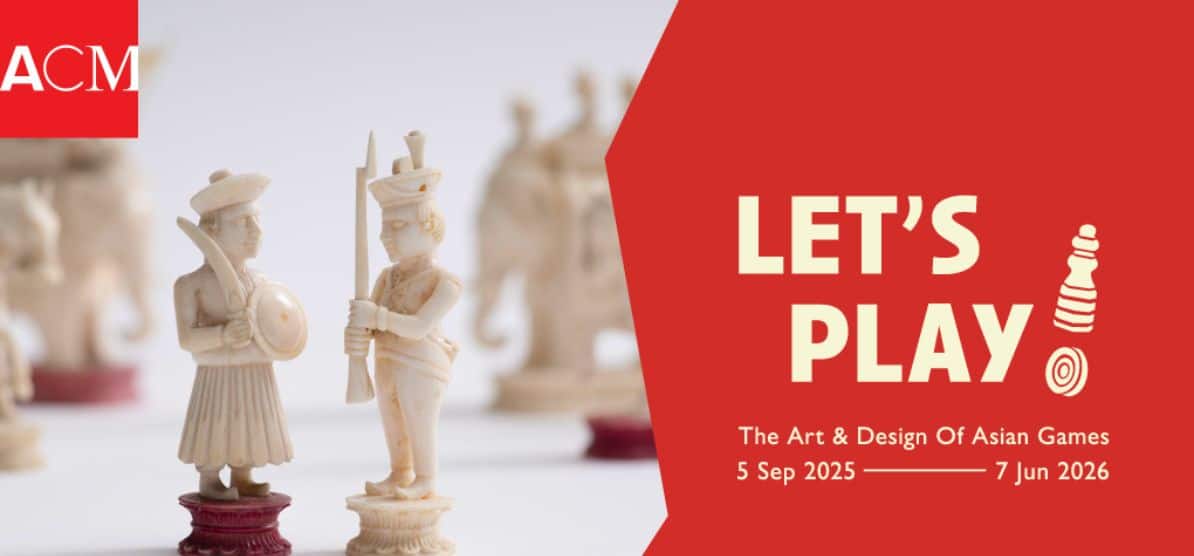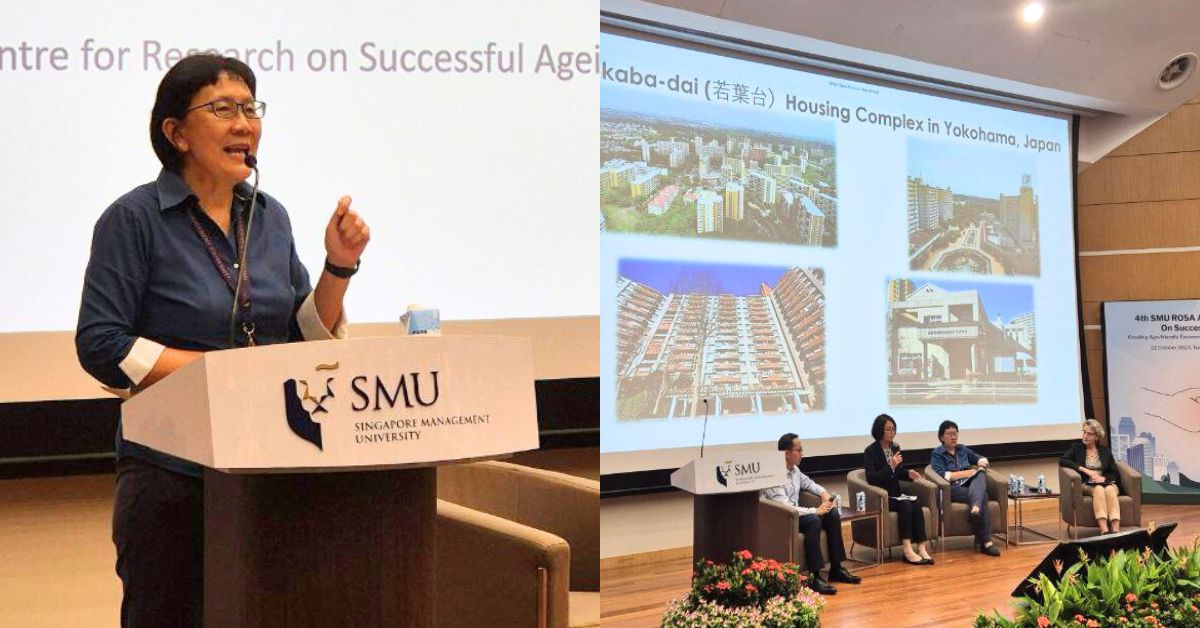
In Singapore, we like to talk about helping seniors with ageing in place. But what does that look like exactly? Well, according to researchers at the Singapore Management University (SMU) Centre for Research on Successful Ageing (ROSA), it can be summed up in two words – “being safe”.
But that’s just the physical aspect of one’s built environment, says Professor Paulin Straughan, director of ROSA, at the centre’s fourth annual symposium on successful ageing.
The full definition for ageing in place, as she and her team have worked hard to define, is a little heftier, as it describes one’s “ability to continue living in one’s own home and community with a seamless transition from the second age to the third and fourth ages without geographical displacement, thereby fostering a sense of attachment to one’s living environment, which should result in enhanced wellbeing”.
In other words, it is the social environment – meaning community engagements and friendships with close neighbours – that works hand-in-hand with improvements to the built environment – meaning age-friendly amenities from slopes and benches to nearby active ageing centres – to make a neighbourhood conducive for growing old in.
These findings were derived from a poll of 6,020 Singaporeans between the ages of 53 and 79 in September this year. The pool of respondents was drawn from the Singapore Life Panel, a population representative panel with close to 10,000 active members.
Advertisement
Eight in 10 Singaporeans prefers ageing in place
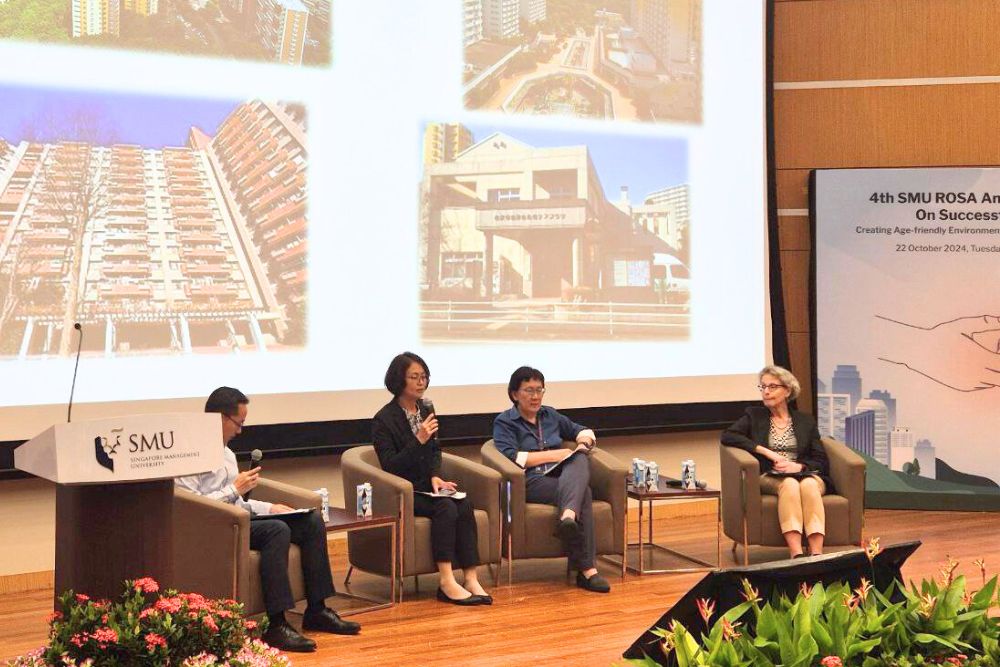
While the study is still ongoing, one key figure that’s worth discussing is the overwhelming proportion of Singaporeans who prefer to age in place. Of the respondents surveyed, 82.75% expressed no desire to move out of their current residences.
Almost six out of 10 of the people who indicated plans to relocate said that they were doing so as they had to downsize.
The people who planned to age in place reported a higher sense of attachment toward their neighbourhoods, more close neighbours, more amenities with a 10-minute walk and less feelings of social isolation.
Interestingly, ROSA found that whether seniors lived alone or with others had no bearing on how attached they were to their neighbourhoods.
Proximity to AACs can still improve
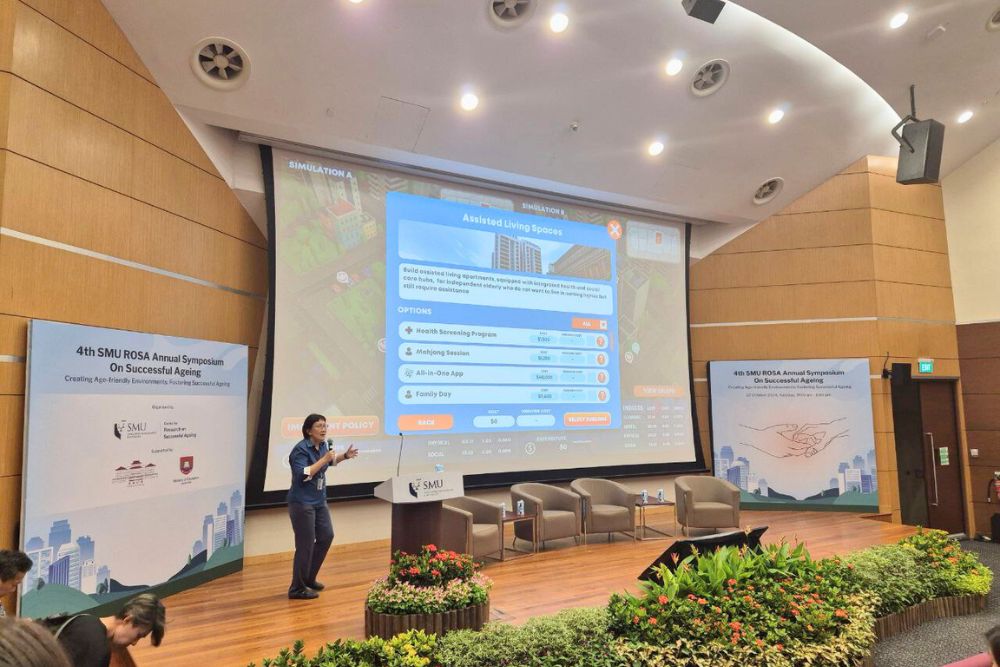
Though these findings might sound “obvious” to the layman, Prof Straughan says that it is important to put “numbers” to our understanding of ageing, as that could better inform policy decisions and stakeholders in Singapore’s greying economy.
For example, respondents indicated that most key amenities necessary for ageing in place were available within a 10-minute walk away. Bus and MRT connections, identified as important or very important by more than 80% of respondents, topped the list, followed closely by medical services, shops and eateries, and nearby greenery.
However, the data also showed that the coverage of eldercare and active ageing centres (AACs) might still be inadequate, as 70.25% of respondents said they were important, though only 49.27% indicated there was one near their homes. Singapore has more than 200 AACs in operation now, with the goal of opening 220 by 2025.
Silvers of today not the same
The post-65-ers of today are not the same as the post-65-ers 20 years ago. They’re rich – but not just in monetary terms. They are a social and cultural asset to the country.
The professor says,
The worst thing that can happen to Singapore is that they run to Johor Bahru and spend their money there and hobble back to Singapore when disability steps in.
She adds,
Empowering and encouraging this cohort of seniors to age in place therefore benefits Singapore just as much as it benefits the silvers themselves, as they “experience greater levels of wellbeing” from “being embedded in social networks and supported by physical infrastructure”.
These elements instil a sense of attachment and identity in their neighbourhoods and community, reinforcing a feeling of home,
she avers.
Virtual ageing policy simulator inspired by SimCity
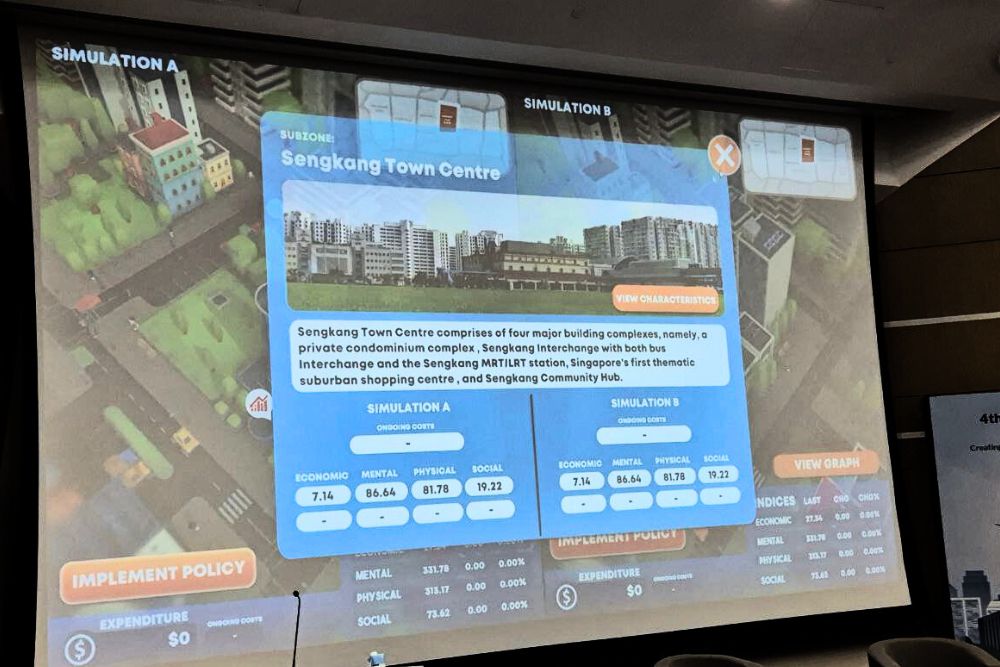
ROSA went on to showcase a prototype of a simulated virtual city inspired by the video game SimCity. The catch? The simulated bonuses weren’t dreamt up by game developers, but instead research-backed results derived from ROSA’s studies.
The director hopes that the virtual city will be a useful indicative tool for policymakers and other stakeholders to “try out” potential interventions.
Our efforts are not just theoretical – we want the interventions we test out to go live. When you decide to bring it to the real world, let us know, and we will be there to do the pre- and post-measurements,
she adds.
The symposium was attended by more than 200 members from the government, academia and industry.
Tan Kiat How, Senior Minister of State for the Ministry of National Development, and Digital Development and Information, was also present. He talked of incorporating “hardware” and “heartware” to “help seniors age well and gracefully”, while summing up the latest developments in Singapore’s national Age Well programme.
Senior economist Dr Aiko Kikkawa from the Asian Development Bank also presented insights on Asia’s ageing journey. Developing nations in the region like India, Vietnam and the Philippines, she says, will face a strong challenge as their populations age as the proliferation of informal work (typically in the agricultural sector) means that many won’t be able to draw down on pensions to retire.
In any case, tapping on the “leftover work capacity” of Asia’s seniors, given our longer healthy and productive years, could result in a significant boost of 0.9% on average to countries’ gross domestic products (GDPs).
The rising tide of education and more knowledge-based economies also means that the pool for formal caregivers within countries and across the region will continue to shrink.
As a result, Dr Kikkawa says, countries will have to be nimble and innovative in how they find and deliver care for a growing population of older persons.
"While the bigger collectives and studios are able to stage their own shows, a national exhibition like this allows everyone to showcase their work,"
Eck Kheng says.



